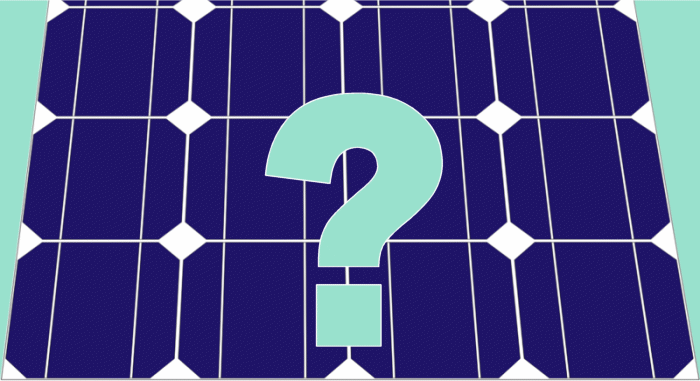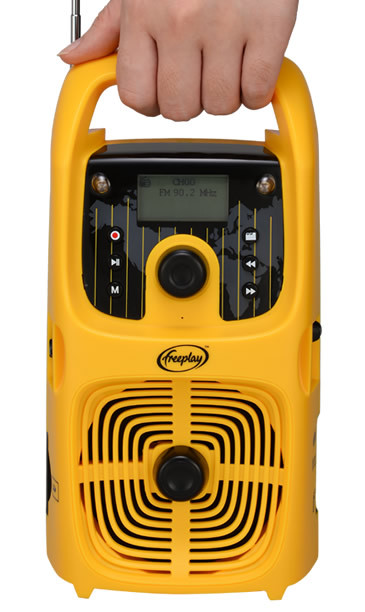
The program will offer rebates of up to 30 per cent for. In the latest round, Duke got just nine applications from nonprofits across its two North Carolina territories.ĭuke has one year left in a five-year, $62 million rebate program required by a 2017 state law. The Alberta government has created a 36-million solar rebate program to cut solar installation costs. Rebates for nonprofit customers remain a maximum of $75,000, but few churches, governments or nonprofits have applied.

Business rebates are now $30,000, down from $40,000.Īsked why Duke has reduced the rebates, Wheeless said: "A combination of lower costs for solar installations and the demand for the rebates was tapping out our supply – and that demand looks to continue." Meanwhile, Wheeless said Duke has cut residential solar rebates to a maximum of $4,000 from $6,000. The available rebates cover up to 60 of the net system cost, up to 5,000 for stand-alone solar energy systems, and up to 7,500. The most recent winners are being notified this week, Duke spokesperson Randy Wheeless said. The new Oregon Department of Energy rebate for solar and batteries is designed to lower the cost barrier for stand-alone solar energy systems as well as solar energy systems that are supplemented with battery backup. Those who don't get picked will go on a waiting list in case any customers drop out.
ENCORE ENERGY SOLAR REBATES 2017 FULL
Heres the full list of federal, state and utility incentives that. Most of the rebates (3,566) will go to residential customers across Duke's two North Carolina operating divisions. See how much you can save on home solar panels through rebates & tax credits in Texas. In a change from past years, the rebates are now handed out twice a year through lotteries in January and July. I am excited to launch Encore to help bring the live music experience back to our fans. If you would like an Oncor expert to contact you regarding a specific aspect of distributed generation, please complete the form here. The energy from a concert is undeniable, both for the fans and artists. That compares with just over 3,000 applications for 1,600 rebates all of last year. Answers to the most frequently asked questions about distributed generation can be found in our FAQ section. The company reports it received 3,718 applications for just 800 available rebates during the mid-year application window this month. Meanwhile, there's still a federal tax break for home solar, though that ends next year.įor more information about Duke Energy solar rebates, visit /NCSolarRebatesĪ version of this story originally appeared in WFAE's weekly Climate newsletter.Rebates for rooftop solar panels continue to gain popularity among Duke Energy's North Carolina customers, even as the size of the rebates declines.

But it comes with lots of strings attached and it's not clear if regulators will approve it. The ITC will now provide 30 for systems installed in tax years 2022 through 2032. This summer will be the final round before the rebates go away.ĭuke has proposed a new, limited solar incentive program as part of a controversial overhaul of rooftop solar regulations. In 2021, the ITC provided a 26 tax credit for systems installed between 2020 through 2022. In the latest round, Duke got just nine applications from nonprofits across its two North Carolina territories.ĭuke accepts solar rebate applications twice a year - in January and July. Few churches, governments or nonprofits have applied over the past 4½ years. July 7, 2021: The Solar Rebate Program opened for its second and final offering of the 2021 calendar year. The one area where money remains is churches and nonprofits, which can get up to $75,000. 62-155, which codifies the HB589 Section on solar rebates Read more about net energy metering. The Duke Energy Solar Rebate began in 2018 as a result of House Bill 589 and concluded in January 2023. And they're typically oversubscribed shortly after the application window on Duke's website opens. The Duke Energy Solar Rebate was a (highly competitive) one-time rebate available to homes, businesses, and nonprofits serviced by Duke Energy in North Carolina. They're worth up to $4,000 for homeowners and $30,000 for businesses. That's been the story ever since Duke started offering the rebates. Spokesperson Randy Wheeless said the 802 rebates used up all the capacity for home and business rebates this time around. The company got 3,431 applications during the early January window, but handed out just 802 rebates to homeowners and businesses, worth $3.4 million.

The latest round of applications for Duke Energy solar rebates in January was as competitive as ever and most customers came away empty handed - again.ĭuke is in the fifth and final year of the $62 million rebate program, which was required by a 2017 state law.


 0 kommentar(er)
0 kommentar(er)
